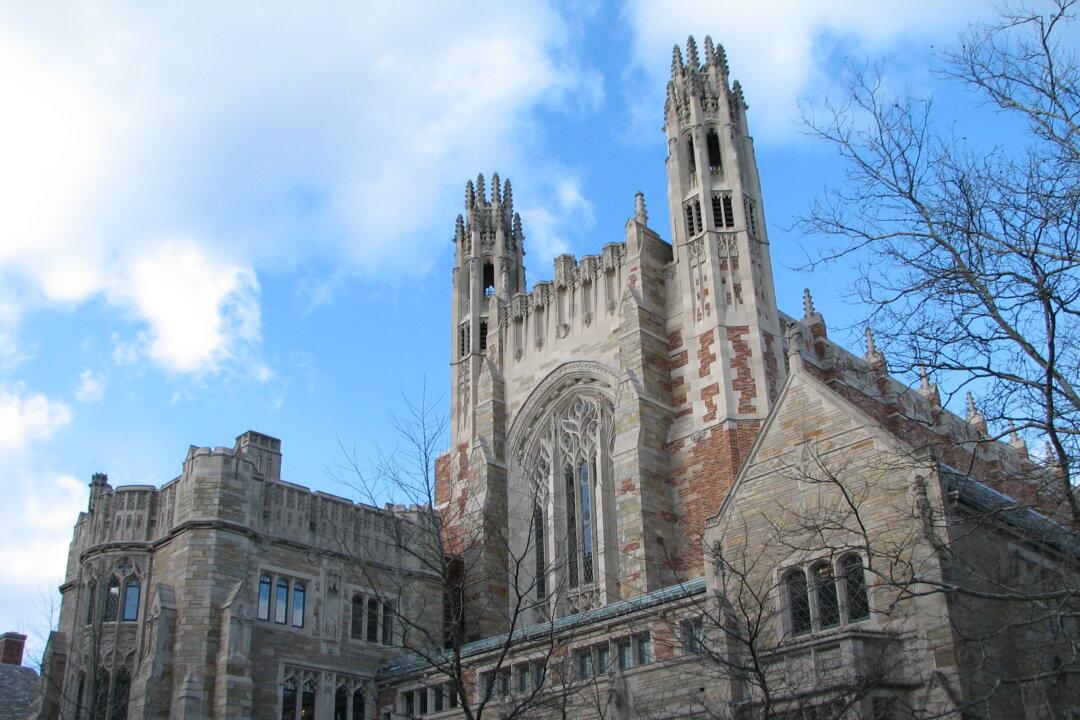Yale Law School announced on Feb. 21 that it will award annual tuition-free scholarships for its lowest-income students in an effort to “level the playing field for students with significant financial need.”
Dean Heather K. Gerken announced that the Law School is creating the Soledad ’92 and Robert Hurst Horizon Scholarship Program, which will erase tuition for JD students who come from economically disadvantaged families and have the greatest financial need.




